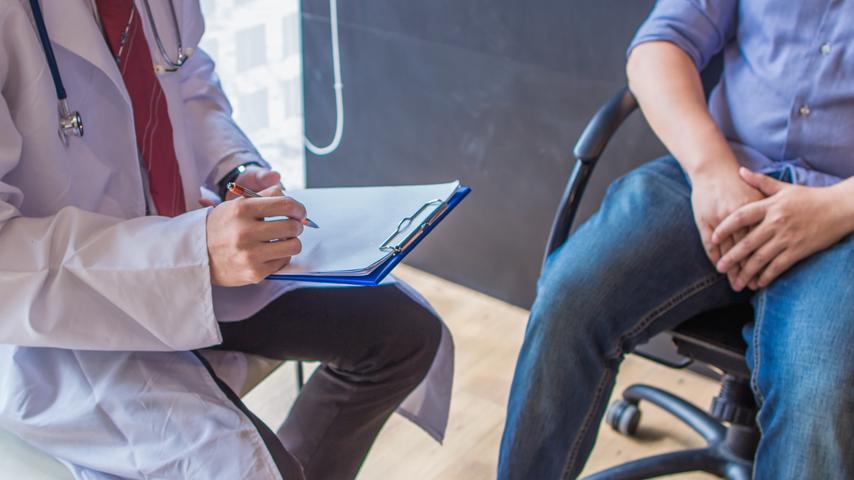Need Help
For enquiries please call
WhatsApp

L.B. Nagar,
Hyderabad
Lakdi-Ka-Pul,
Hyderabad
Parel,
Mumbai
Kengeri,
Bengaluru
Perumbakkam – Sholinganallur,
Chennai
L.B. Nagar,
Hyderabad
Lakdi-Ka-Pul,
Hyderabad
Parel,
Mumbai
Kengeri,
Bengaluru
Perumbakkam – Sholinganallur,
Chennai
Hemorrhoids, most commonly known as piles, are normal swollen veins in the anus and lower rectum. Hemorrhoids are of two main types - internal and external. Internal hemorrhoids develop inside the rectum while external hemorrhoids develop under the skin around the anus. Another type that results from the clotting of blood due to external hemorrhoids and very painful is called thrombosed external hemorrhoids.
This is an extremely common condition. 80%-90% of the world’s population suffer from hemorrhoids at least once in a lifetime. There is no need to be alarmed as it can be successfully treated, often with simple lifestyle changes. Surgery is only reserved for a relative few only!
External Hemorrhoids
Internal Hemorrhoids
Thrombosed Haemorrhoids
Hemorrhoids occur when veins around the anus stretch due to pressure or swelling. This pressure results from:
Hemorrhoids can sometimes be extremely painful and discomforting, in certain cases even embarrassing. Piles Treatment can be successfully done depending on the type and severity of the condition. Some of the most common treatment approaches are as follows:
Hemorrhoidectomy: This is a complex surgical procedure in which excessive tissues that cause bleeding are removed. This procedure is one of the most effective ways of treating severe or recurring hemorrhoids. Most of them tolerate this well but in a rare few certain complication can arise post-surgery which may include temporary difficulty in passing urine, and rarely UTI (urinary tract infection).
Hemorrhoidectomy is generally done under regional anesthesia combined with sedation or general anesthesia.
Hemorrhoid Stapling: Hemorrhoid stapling is medically termed as hemorrhoidopexy or stapled anopexy. It is a procedure that blocks the flow to the hemorrhoidal tissue and is used for treating internal hemorrhoids. Although it is less painful than a formal open hemorrhoidectomy, it can often have serious sideeffects such as recurrence, rectal prolapse, bleeding, urinary retention, or sepsis (life-threatening blood infection). These complications occurring are very rare but worthwhile to consult a specialist doctor before making any decisions.
BGS Gleneagles Global Hospital is one of the best Quaternary care superspeciality hospitals in Bangalore as it houses the top surgeons with superspeciality expertise and doctors who are extremely skilled and knowledgeable. The Team is also backed with highly trained support staff, world-class technology, and state-of-the-art infrastructure making BGS Gleneagles Global Hospital the best suited to look after your problems in Bangalore.

Indian Standard for Hospital Accreditation

Indian Standard for Blood Bank Accreditation
For enquiries please call